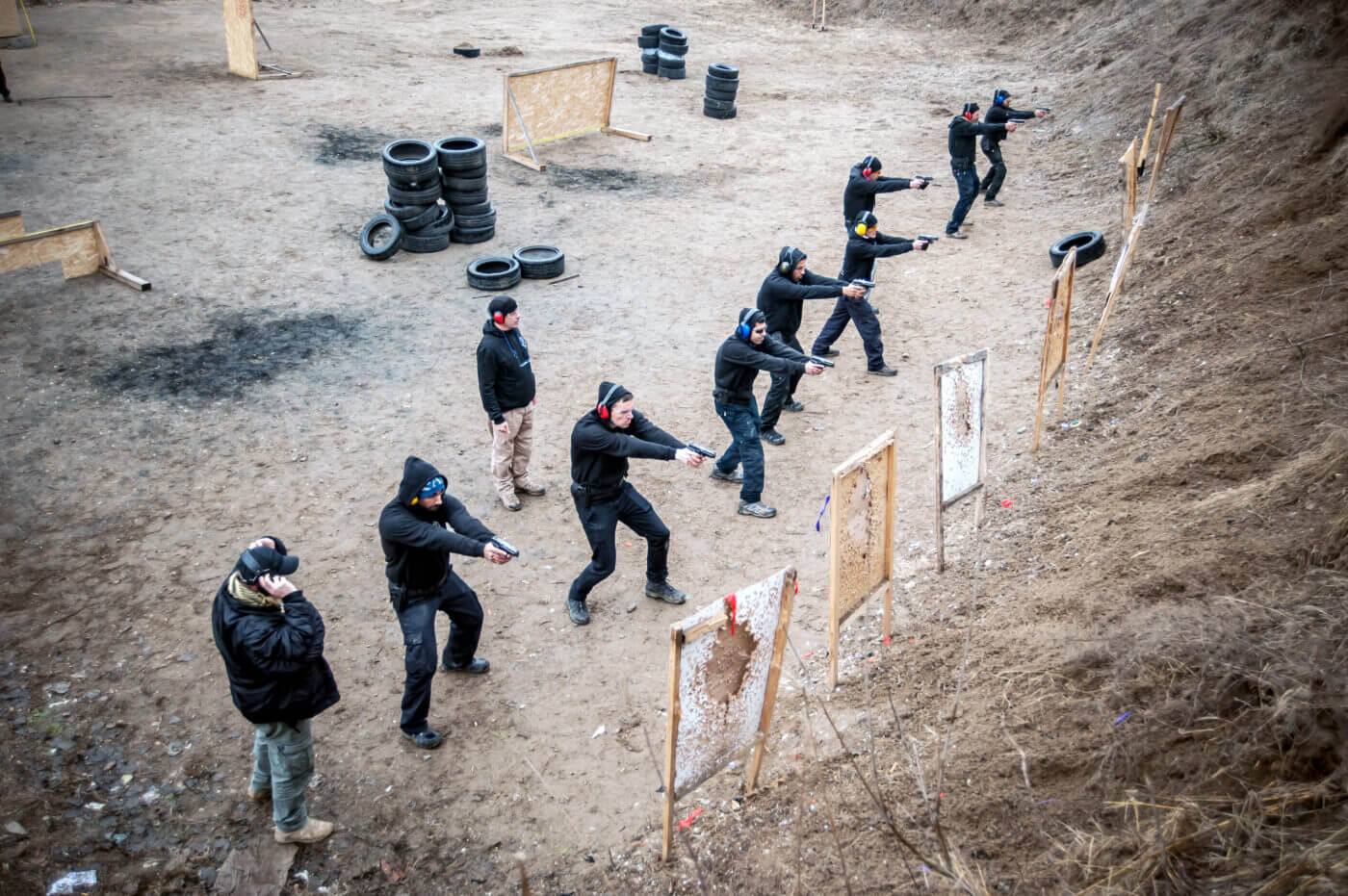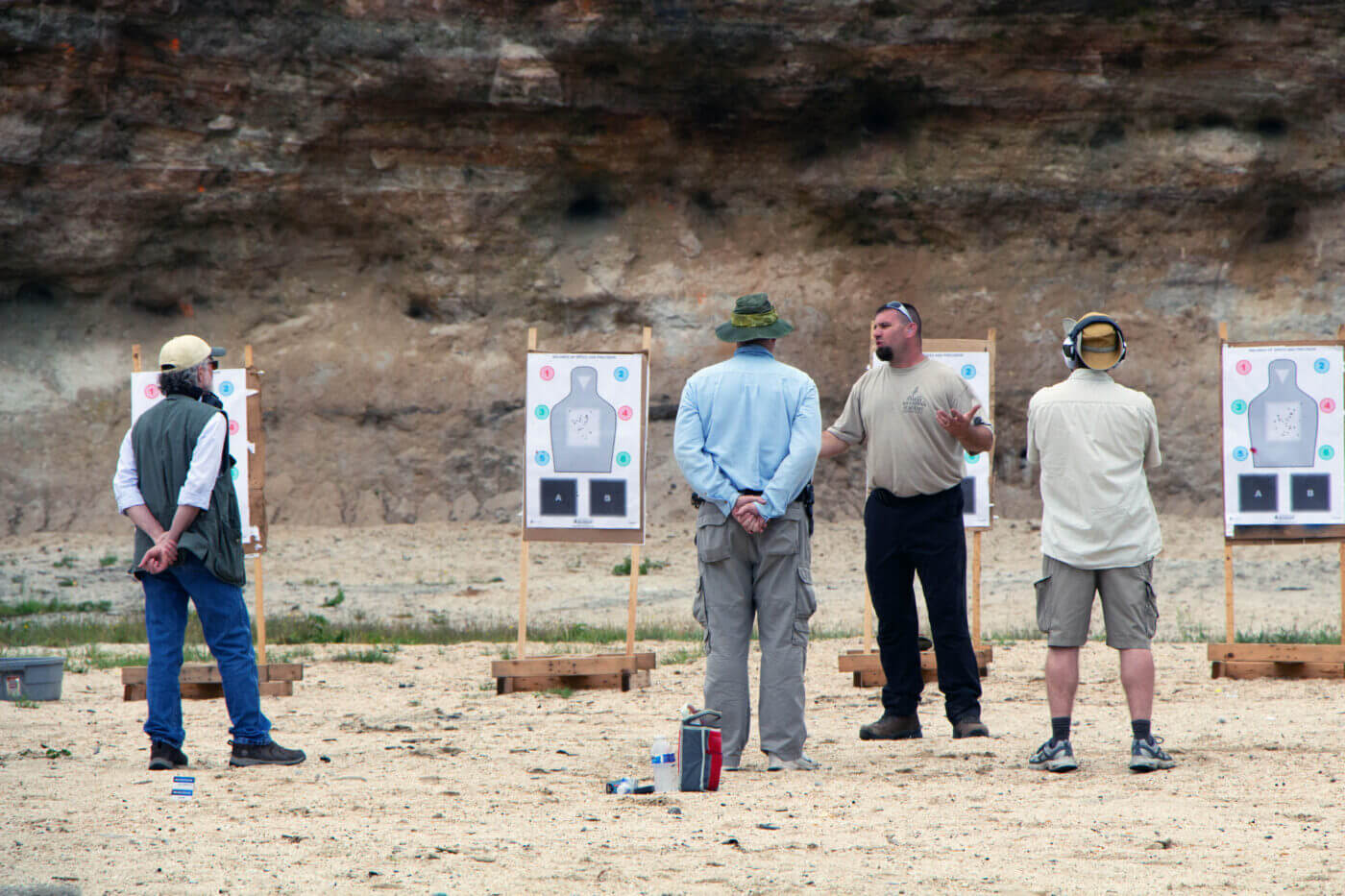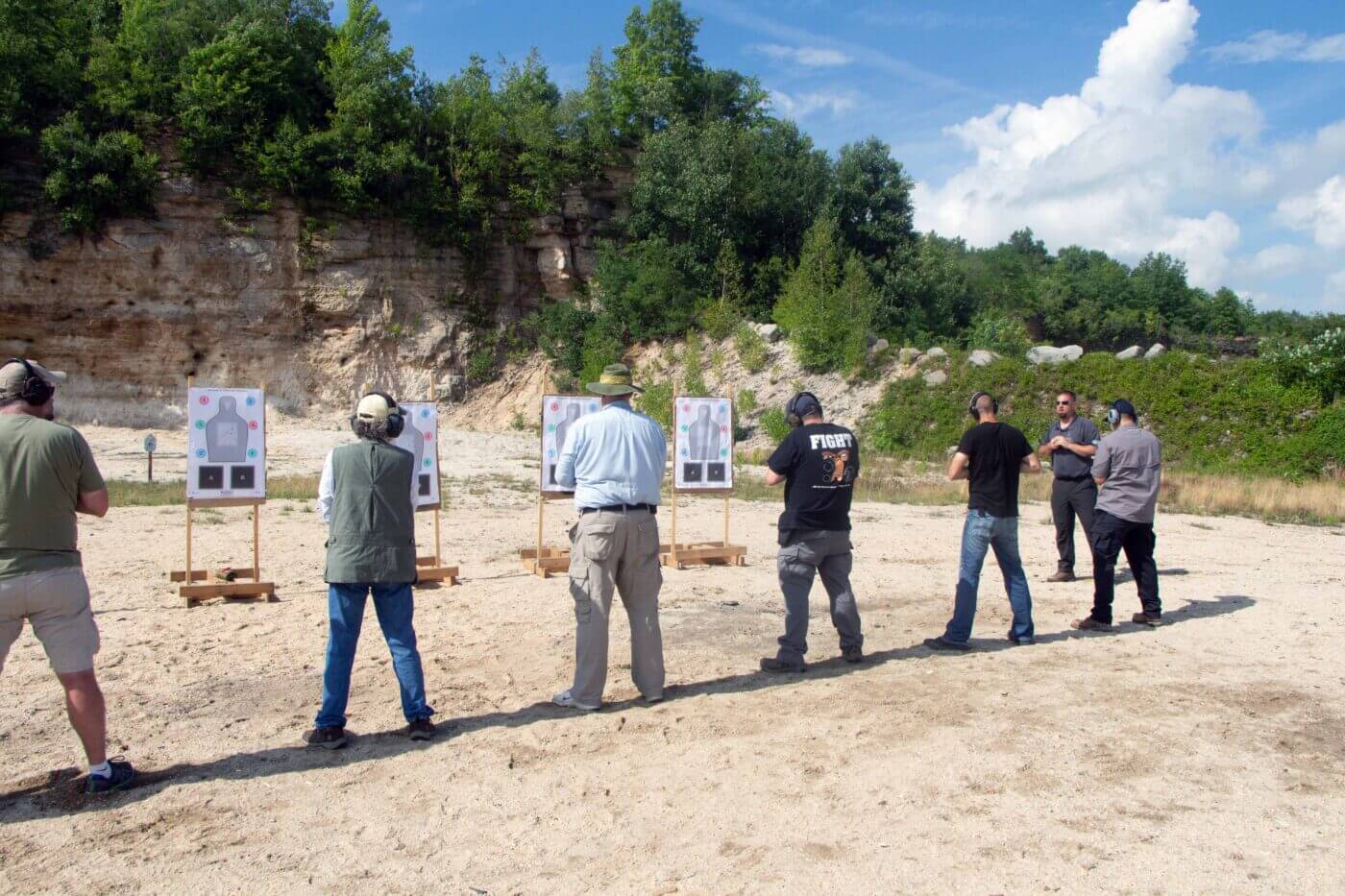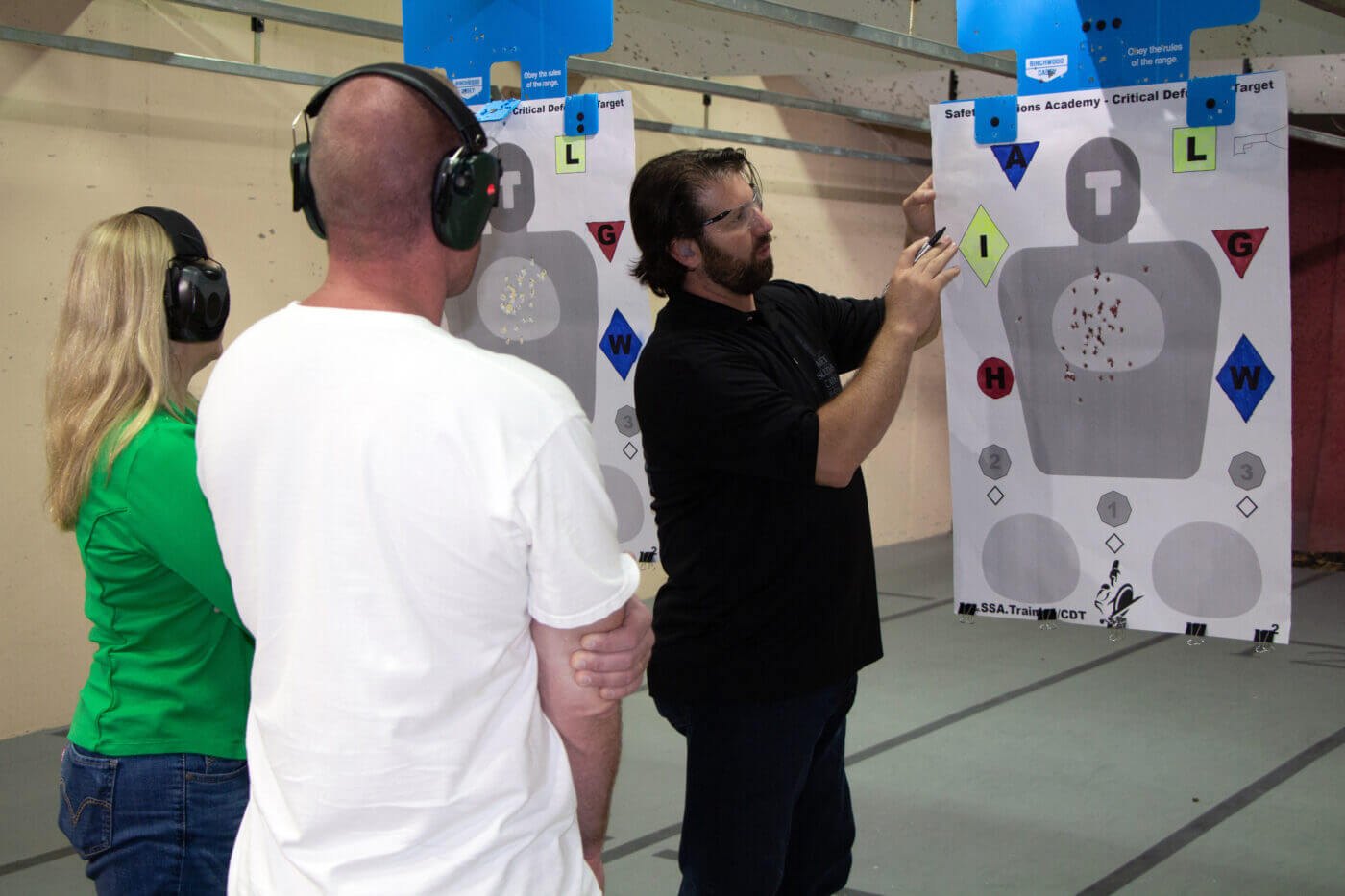Is My Firearms Trainer Wrong?
June 12th, 2020
5 minute read
If you carry a firearm for self-defense, you are someone who recognizes the dangers that exist in the world. Hopefully, you understand that a pistol is not a magic talisman that keeps evil at bay. Rather it is simply a tool that you can use to rescue yourself from a violent attack.

Like any tool, you are not likely to use it proficiently without training and practice. Unlike a screwdriver or socket set, the firearm is a tool that would be used in the extreme stress of a lethal force encounter. If you slip with a wrench when installing a new toilet, you might put a divot in your wall or scrape your knuckles. Slip with a pistol and you could lose the fight or even kill an innocent person.
Finding the right firearms trainer is a critical piece of the self-defense puzzle. But how can you tell one from another? Which one actually knows what he is doing?
The Right Information
Not all firearms instructors are equally good. Sadly, not all of them are good at all.
Being a good teacher requires at least two things: knowledge of the material being taught and the ability to convey that information to the people that intend to learn it. It seems, unfortunately, that many of the people involved in firearms instruction lack one or both of these minimum requirements.
Too many of the instructors I’ve encountered don’t know the law, have a tenuous grasp on the use of firearms under pressure and have never considered what they might need to do to help their students understand the information presented. This results in students who misunderstand the law and the proper techniques to employ for personal protection.

Of course, there are great instructors in the firearms world — people who impress me with both their understanding of the law and the dynamics of a violent encounter. Plus, they possess the incredible talent to teach to a broad base of adult learners.
How can you tell the difference when signing up for a class?
Credentials & Background
So, how do you find a reputable instructor? That’s a tough question and not one with an easy answer.
Credentials are a good starting point. However, you have to dig past the surface to determine if those credentials are legitimate. Much like diploma mills that will issue a college degree for a few hundred dollars, there are organizations that give you a firearms instructor certification if you have the cash.
You should research the organization that credentialed the instructor. Is it an organization that has a long-standing presence in the industry? Or is it a group that has a single sketchy webpage that looks like a “get rich quick” scheme?
Likewise, the past employment of the instructor isn’t necessarily a good evaluation of the person’s knowledge or ability. Military and police service, for example, do not strongly correlate with the understanding of self-defense law or the ability to train others in the handling of firearms. What someone actually did in their employment history tends to be more important than what organization someone was employed by.
For example, tens of thousands of people in the United States can legitimately claim they were a police officer at the NYPD. But how many were involved in firearms training or even just training in general?
Indicators of Quality
Before you spend any time or money with a firearms instructor, you should research the person or company. The internet can provide a wealth of information. Within a few minutes, you should be able to locate the person’s website. Reputable instructors should provide details about themselves along with clear information about the different classes they teach.
Many instructors also publish videos on YouTube. Take a look at these and see if the instructor’s teaching style meets your expectations. Do they seem knowledgeable and use language and examples that make sense? Do they seem respectful to students? Do they pass your gut check?
Likewise, many instructors also have public social media pages. Take a few minutes to review these. Additionally, some instructors have podcasts or have appeared as guests on other shows. Spend some time listening to these. A good instructor will be able to respond to questions with clear answers, be it in a classroom or online. Social media and podcasts give you an opportunity to see and hear how the teacher interacts with others.

Most good instructors will have a track record you can investigate. Check with your local gun shops and ranges to find people that have taken classes with the instructor. One bad review isn’t a deal killer, but you should be able to get a good feel for someone’s worth after talking to several different students.
Lastly, don’t hesitate to call or email the instructor before signing up for a class. Any quality teacher welcomes, and will be able to answer, questions. Feel free to ask them a bit more about their qualifications and what the classes are like. Ask for references if you haven’t found anyone who has worked with them in the past. If an instructor won’t make time for a prospective student or treats you rudely for asking questions about them, how do you think they will handle problems on the range?
A quality instructor who is focused on serving the student will be up front about qualifications and whether or not the classes they offer will meet your needs. They will be willing to answer all of your questions and walk you through the sign-up process. They should also be willing to direct you to another instructor if they don’t offer the training for which you are looking.

Final Thoughts
Employing a firearms instructor should be like hiring any other professional to provide work for you. You wouldn’t take your truck to a shop without asking around about the local mechanics, so why wouldn’t you also research whom you will rely on for life saving training?
Editor’s Note: Please be sure to check out The Armory Life Forum, where you can comment about our daily articles, as well as just talk guns and gear. Click the “Go To Forum Thread” link below to jump in!
Join the Discussion
Featured in this article
Continue Reading
Did you enjoy this article?

 166
166







